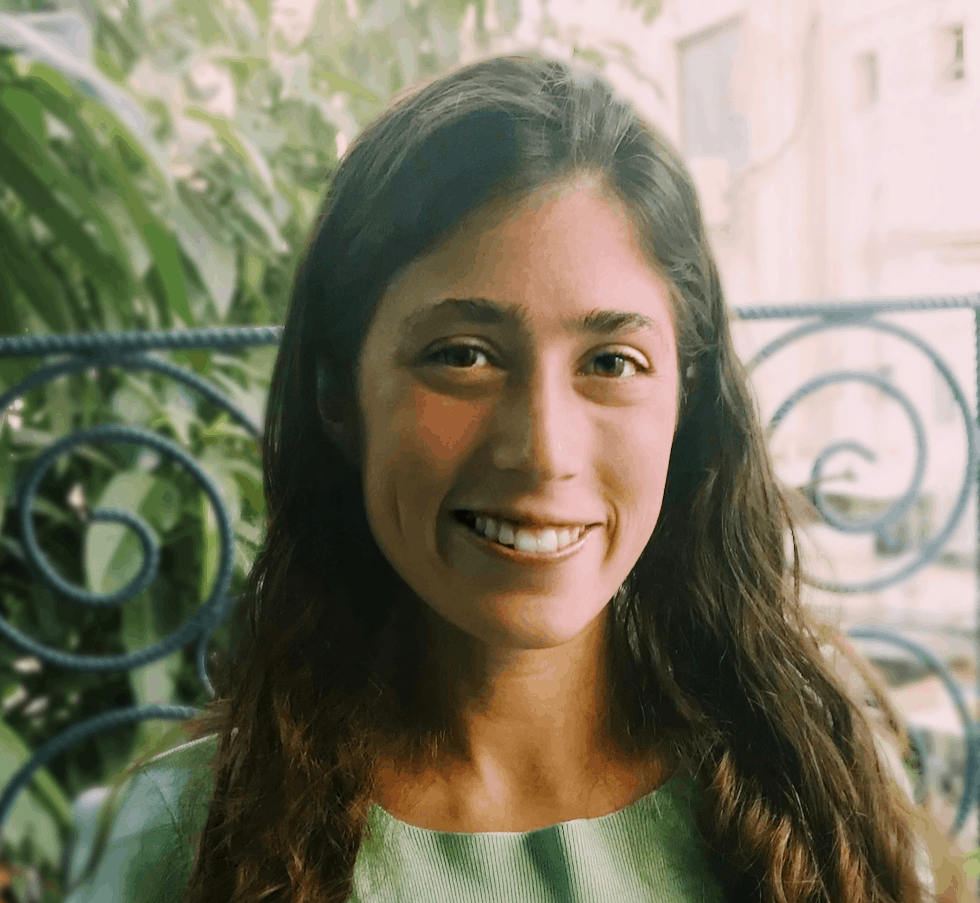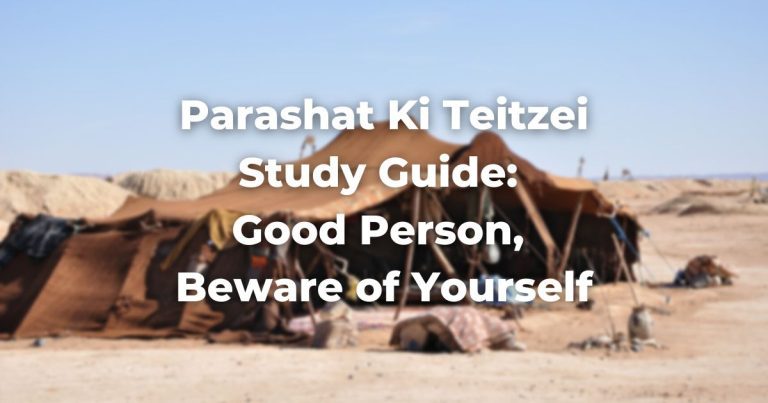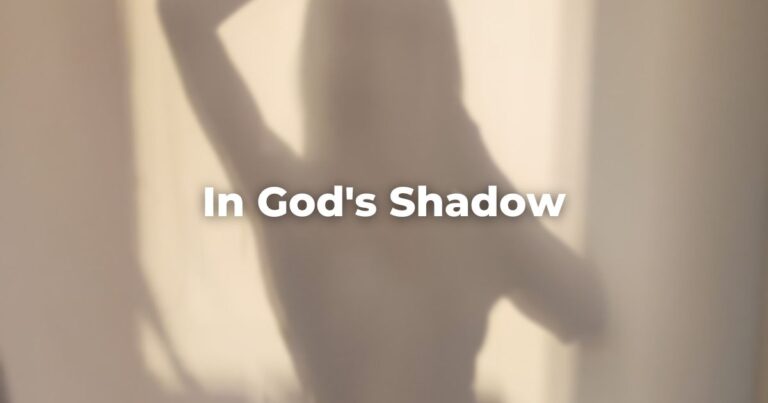In the Dvar Haftarah for Ki Tisa, we thought about whether it was possible for humans to change, how a person could change themselves. In this week’s haftarah the same question is posed about God.
Can God change? Is the essence of eternity and divinity to never change or to be constantly evolving?
The question of God’s ability to change is posed around the word nehem.
It’s a hard word to translate, a word with many variable meanings. It is used to mean to have compassion, to be sorry, to regret, to repent, to comfort, and to be comforted, among other things.
The word appears three times in our haftarah portion, opening and closing the portion and once in the middle. We read, in verse eleven (I Samuel 15:11) as translated by Robert Alter: “I repent that I made Saul king, for he has turned back from Me, and My words he has not fulfilled.”
Likewise, the haftarah closes with verse thirty-five (I Samuel 15:35), as translated by Alter: “the LORD had repented making Saul king over Israel.” But in between these verses we get a most curious statement. We read in verse twenty-nine, as translated by Alter, “And, what’s more, Israel’s Eternal does not deceive and does not repent, for He is no human to repent.”
The story tells us twice of God repenting (or regretting, etc. depending on how you choose to translate it.)
And yet the story also tells us that God does not repent, that repentance is a uniquely human quality.
A repentant God is a God who changes, a God who can be constantly evolving. In the story of the haftarah, this makes sense. God had chosen Saul as the first king of Israel and is now changing course, to anoint David as king.
It is a very awkward transition, with the succession pangs providing most of the material for the book of Samuel. Surely there could have been a better way to do this.
If God had always wanted David to be king, perhaps God could have skipped Saul.
One could conclude that God must have initially wanted Saul and then changed God’s mind when Saul failed to do as he was ordered.
So why are we also told that God does not repent, does not change God’s mind?
This creates an image of a God who always had everything in a divine plan – a God who intended for Israel to go through the mess of Saul’s kingship in order to get to David’s kingship. This is the sort of God we refer to when we say things like “everything happens for a reason.” This is the all-knowing God who has the world’s best interests at heart. But this is not a God who is responsive to us, who hears humanity and adjusts the divine plan.
Our haftarah tries to have it both ways – both the responsive God and the all-knowing God, the flexible God and the fixed God. There is something wonderful in this paradox, something Godlike, something bigger than we can understand.
The essence of divinity can hold both never changing and constantly evolving, even if we cannot.
See more: Parashat Vayikra
Originally posted as part of the Conservative Yeshiva at the Fuchsberg Jerusalem Center’s Torah Sparks. Support TorahRefers to the first five books of the Hebrew Bible, the Tanakh, also called the Five Books of Moses, Pentateuch or the Hebrew equivalent, Humash. This is also called the Written Torah. The term may also refer to teachings that expound on Jewish tradition. Read more learning from the Fuchsberg Jerusalem Center/Conservative Yeshiva for leaders and seekers around the world here.
Authors
-

Bex Stern Rosenblatt is the Conservative Yeshiva’s Faculty-in-Residence for the Mid-Atlantic Region of the United States, teaching Tanach, using the techniques of close-reading, theater, feminist readings, and traditional commentators. Bex also directs the CY’s recruitment efforts in North America. After finishing her B.A. in History and German at Williams College, Bex received a Fulbright Grant to Austria. She later earned an M.A. in TanakhAn acronym for the name of the Hebrew Bible: Torah, Neviim, and Ketuvim. Read more from Bar Ilan University and has also studied at the Conservative Yeshiva and Bina Jerusalem. Bex is the founder of HavrutaA study partner. A hevruta is more than just a ‘study buddy’ it is a serious and personal relationship between colleagues. Also spelled: Havruta Read more Tel Aviv, an organization that facilitates guided pair-learning of the Tanakh.
View all posts -



The Fuchsberg Jerusalem Center (FJC) is a home in the heart of Jerusalem where leaders and seekers can find an authentic place in Jewish tradition to call their own. FJC offers opportunities to study, pray and explore within an egalitarian and inclusive setting, creating multiple pathways for finding personal and communal meaning.
View all posts






